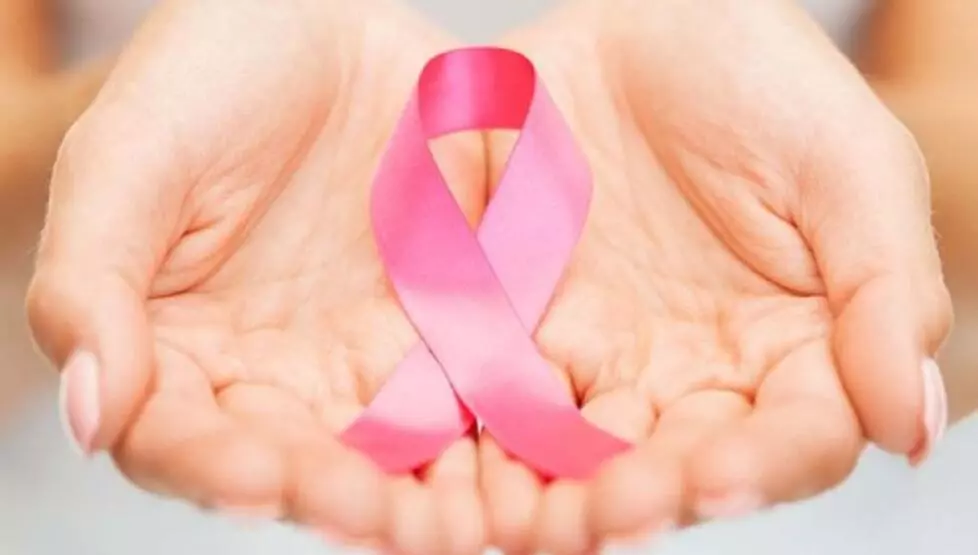Hormonal Changes and Vaginal Odor: Unveiling the Intricate Interplay in Women’s Health
Vaginal odor is a very important aspect of women’s health. It results from numerous factors, and the biggest one among them is the change in one’s hormones. It is important, hence, to understand the complex connection between hormonal changes and vaginal odor in order to promote women’s health and general welfare. The vagina generates its distinct scent through a blend of bacteria, pH levels, and secretions. However, understanding the components of a normal vaginal smell is important before focusing on how hormones affect such a delicate equilibrium.
The baseline perception of normal olfactory experience is critical in differentiating between normal and potentially problematic odors for women’s health. These microbes act in such a way that they maintain the fine balance in the environment of the vagina by limiting the growth of harmful bacteria like Lactobacillus. Thus, any departure from this balanced situation may reveal changes in hormonal balance, which should require further analysis of the connection between hormones and vaginal smell over different women’s ages.

The Basics of Vaginal Odor
What is Normal?
Firstly, one should define a normal vaginal smell before discussing the impact of hormonal changes. There is an unavoidable natural smell of the vagina determined by the presence of bacteria, pH, and secretion levels. This understanding is useful in differentiating between normal and potentially pathogenic odors.
The Role of Bacteria
For example, beneficial bacteria such as Lactobacillus keep the environment of the vagina acidic, which helps control the growth of other undesirable microbes. The resultant odor of any product should strike the right balance in order to be acceptable.
Hormonal Fluctuations and Vaginal Odor
Menstrual Cycle and Odor Variations
Vaginal odors also depend on hormonal changes that occur during the menstrual cycle. For example, the smell might change slightly during menstruation because of the presence of blood. The balance of bacteria can also be affected by hormonal influences at this stage.
Puberty and Emerging Odor
During the menopausal phase, there is a massive hormonal change, which includes an increment in estrogen that causes the development of puberty. The change may give rise to a fresh, new, and specific vaginal scent that confirms menarche.
Pregnancy’s Impact on Odor
Pregnancy involves significant endocrine adjustments, extending even to vaginal smell. Some expectant ladies record a distinct smell, like chocolates or musk, attributed to fluctuations in sex hormone tiers and elevated flow toward the pelvis.
Key Factors Influencing Hormonal Changes and Vaginal Odor
Contraceptives and Odor
Hormonal contraceptives, such as birth control pills, also influence vaginal odor. They change the hormonal status, which may shift the bacterial balance in the vagina, causing a corresponding odor change. subsection-average-length
Stress and Odor Dynamics
One universal cause of hormonal imbalance is stress, which exists everywhere in our lives today. The hormones referred to as stress hormones, i.e., cortisol, affect one’s vaginal environment, resulting in a change in odor.
Managing Hormonal Changes and Vaginal Odor
Hygiene Practices and Odor Control
It is also key to ensure that one maintains good hygiene so as to manage the smell of the vagina. These essential practices include using mild and fragrance-free soaps and avoiding douching. They promote normal bacterial balance and do not upset the hormones.
Healthy Lifestyle Choices
A healthy lifestyle improves overall hormone levels, which eventually leads to better vaginal health with less offensive odor. Overall wellness is a combination of regular exercise, a healthy diet, and enough sleep, which could lower odor frequency.
Consulting Healthcare Professionals
Constant changes or changes in vaginal odor with concurrent symptoms such as itching, dribbling, or discharge also require medical assistance. Healthcare providers, who assess hormonal imbalances and infections, often attribute these changes to other conditions.

Hormonal Changes and Vaginal Odor: Navigating the Tapestry of Women’s Well-Being
Finally, the complex interweaving of the hormonal changes with the vaginal smell indicates how all women’s bodies are connected. Through her experiences, starting with coming of age and the menstrual cycle, to after-birth contraceptive methods, one realizes that hormonal changes are not isolated features but fundamental parts in creating the delicate ballet of female reproduction.
Through this, the women understand and are able to decide what is best for their health. By recognizing the fluid connection between hormones and vaginal smell, women can become more proactive in matters of health, such as adopting a healthy lifestyle, practicing proper hygiene, and visiting professionals for proper guidance towards optimal health.
This day trip proved vital, highlighting the significance of retaining a person’s herbal equilibrium in all aspects, from hormones to their belief in their very own our bodies, especially regarding female bodies. Destabilizing talk surrounding vaginal odors and embracing them as part of our general health contributes to a bigger story about women’s own power and self-care.
Knowledge is a fundamental resource for women’s health. Equipped with knowledge about this intricate relationship among hormones and smell, women can feel like they are in control of their bodies and hence have power over their own reproductive health. Therefore, this should be viewed as a reminder that appreciating the complexity associated with women’s health problems is important toward having an informed and empowered society.


